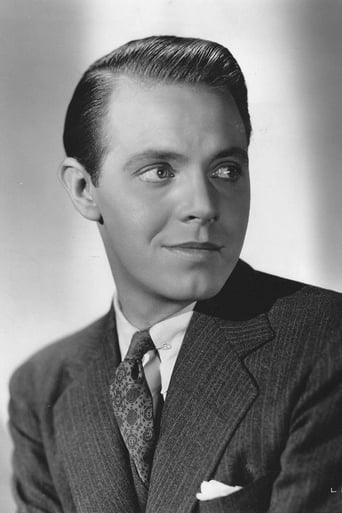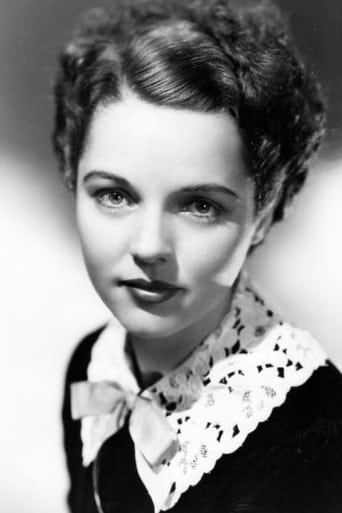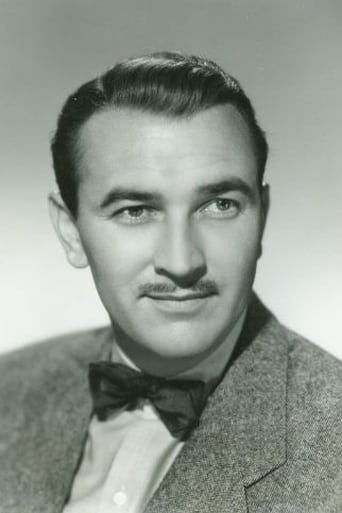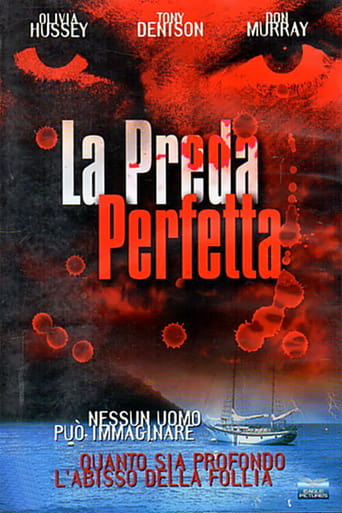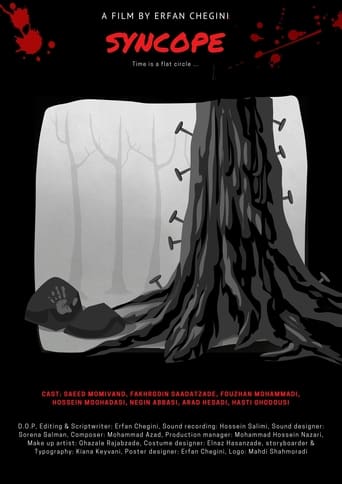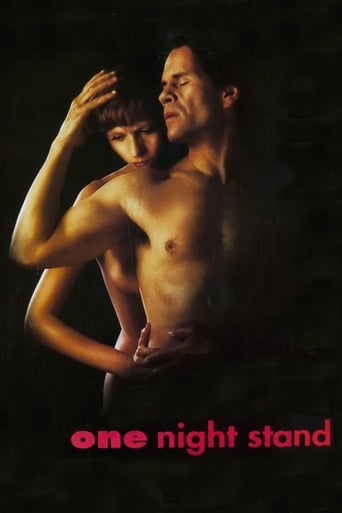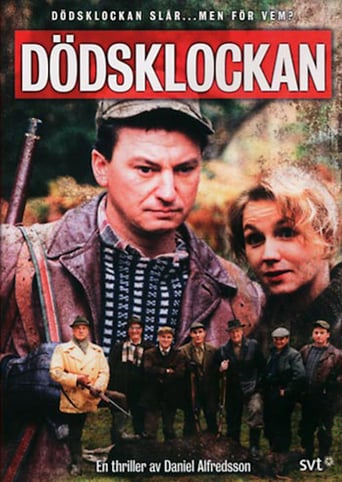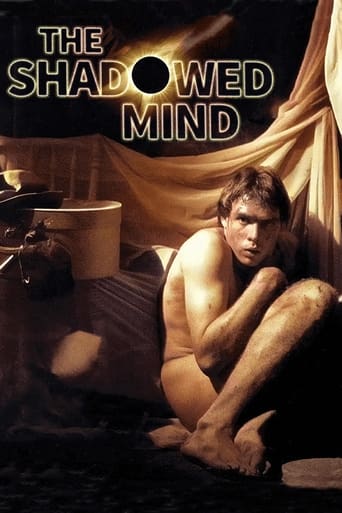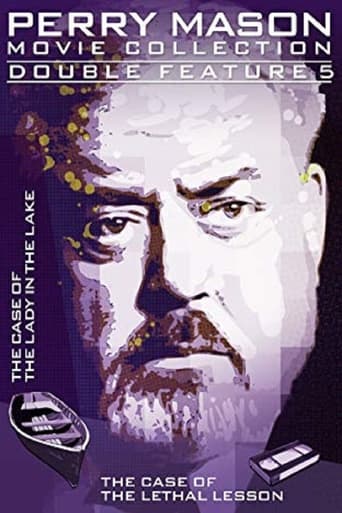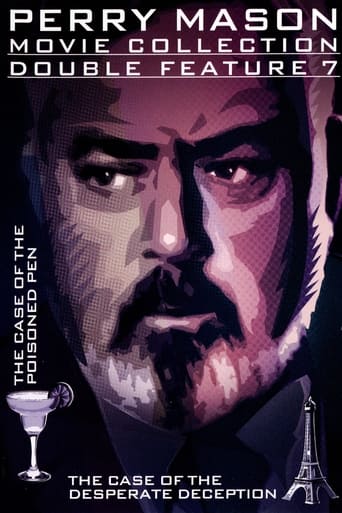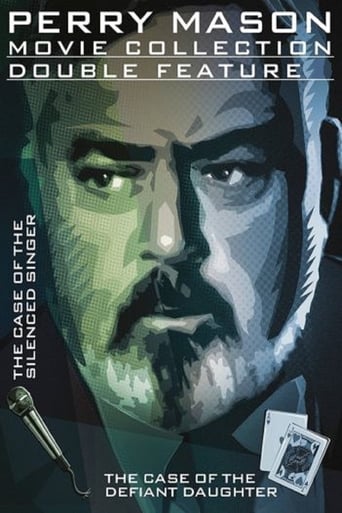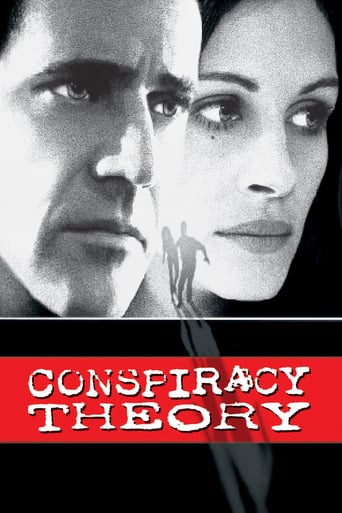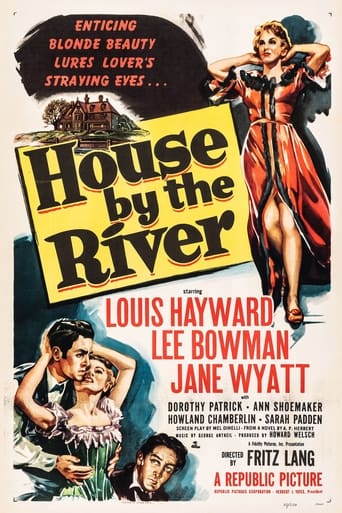
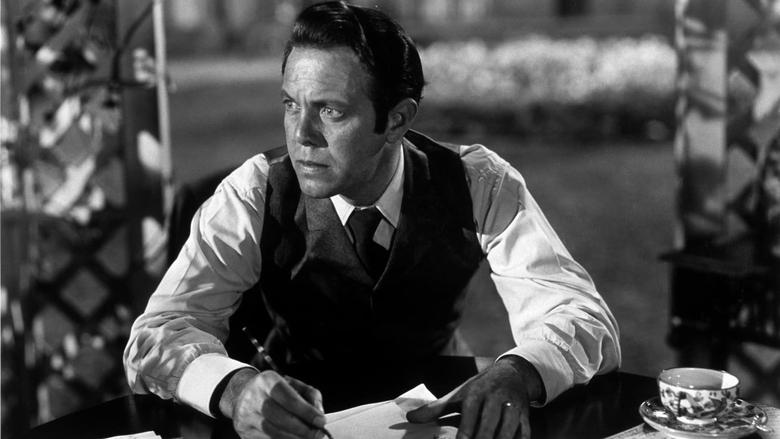
House by the River (1950)
Wealthy writer Stephen Byrne tries to seduce the family maid, but when she resists, he kills her. Long jealous of his brother John, Stephen does his best to pin the blame for the murder on his sibling. Also affected by Stephen's arrogant dementia is his long-suffering wife Marjorie.
Watch Trailer
Cast


Similar titles
Reviews
Reduced to making pictures with Republic with a limited budget and B-list actors didn't stop Fritz Lang producing this dark turn-of-the-century thriller. In Louis Hayward's Stephen Byrne, an aspiring writer with a devoted wife and faithful brother, Lang creates a memorably dastardly villain. When he makes a spurned pass at the household's pretty new maid as she descends the stairs in a dressing gown showing, for the time, a daring amount of bare leg, he unthinkingly strangles her and involves his over-loyal brother in covering up his tracks.However, the river where they dump the body has a habit of returning abandoned items from whence they came and it's not too long before the sack containing the dead girl's body drifts back into view and a spiralling sequence of events ensue including a murder trial, accusations of an affair between wife and brother-in-law, two more attempted murders and a dramatic death-scene just before the final curtain.I noticed Republic's supposedly cheap background sets less than usual, a tribute to Lang and his crew's imaginative use of the established noir elements of dark, expressionistic shadows, tracking shots and using framing devices, such as doors, (very apt, considering Stephen's setting up of his brother for murder). I was impressed by the acting of the three lead players, Louis Hayward, in particular is superb as the borderline psychopath Stephen, a threatening leer never far from his face while Jane Wyatt is also very good as the loving wife whose eyes gradually open to her husband's true nature and Lee Bowman is redoubtable as the limping brother who puts sibling duty before adherence to the law.Most of all though it's Lang's mean and moody direction which gradually brings the whole affair to the boil, even if the final haunting of Stephen before his demise seems to have wandered in from grand opera.Nevertheless this fine little film noir is another notable entry in director Lang's distinguished list of works.
An unscrupulous writer murders his comely maid, then shifts blame onto his crippled brother, all under the watchful glow of a river that seemingly never forgets.Republic goes noir! Well, it is 1949, and the genre is at its Hollywood peak. Still, pairing Republic with dark shadows is almost like pairing Roy Rogers with Sam Spade. But the studio was clearly serious, hiring one of the masters of noir, Fritz Lang. In fact, those shots of a darkly glistening river stretching out to infinity made me re-think the whole idea of swimming. And what about a slimy Louis Hayward as the unscrupulous Stephen. He's the kind of guy who would pat your back, smile, and then slip a letter opener into your gut. He's sure a long way from his usual swashbuckling hero. But my money's on portly Jody Gilbert who steals the movie as the truculent housekeeper. Gilbert's usually a comedic figure, but you'd never know it here. Frankly, though, the lengthy courtroom scene breaks up the noirish spell of the river and the shadowy bankside mansion. It should have been re-thought. Then there's the symbolism of the rippling gown and a flowing river, suggesting that justice and time, respectively, never forget. These shots are some of the most striking b&w photography I've seen. Of course, the producers couldn't have known at the time, but the wholesome Jane Wyatt made me think Robert Young and the kids would arrive any moment. Nonetheless, she's right for the sweet wife's part. Overall, the narrative may be flawed, but some truly memorable scenes remain. Maybe that's why the film's only occasionally included among Lang's best.
I enjoyed this thriller about a psychopathic writer who accidentally kills his sexy maid and then tries to pin it on his crippled brother.Louis Hayward overacts a bit as Stephen, the failed scribe who rejects his attractive and classy wife, Marjorie (Jane Wyatt), in favor of his tease of a housekeeper.I enjoyed the performance of Lee Bowman as Stephen's brother John, who, out of family loyalty, allows himself to be dangerously manipulated. He too harbors a forbidden love -- for his brother's wife -- but has the integrity not to act on it. Descending into alcoholism, he'd rather flee than make love with his sister-in-law.In a film that is much less ambitious than a classic such as "M," Fritz Lang creates scenes of satisfying creepiness on a river that is central to the plot. In addition, a courtroom scene is quite entertaining.My only quibble with this movie is its facile ending. It all ties up just a little too neatly. I expected more from this famed director.
This little known Fritz Lang film from the early 50s features stark and morbid set pieces that you won't soon forget, such as a dead cow and later a dead woman in a sack floating endlessly with the tides of the river. The gossipy neighbor woman (Ann Shoemaker) provides some dark humor by constantly needling our "hero" (the weaselly Louis Hayward) about calling the cops to clean up the mess in the river. The upstanding characters in the movie are Stephen's (Hayward) wife Marjorie (Jane Wyatt) and his accountant brother John (Lee Bowman). John has a limp which makes him something of a social outcast, but even the friends that he has start to abandon him when he's heavily suspected of murdering Stephen's servant girl Emily (Dorothy Patrick). He seems to be willing to sacrifice his own place in the community even though his brother lied to him about having a pregnant wife to motivate him to help in the cover-up. The most obvious reason turns out to be true -- he's not committed to saving his brother but rather to an unspoken love for Marjorie, which Stephen crassly exploits.As you can tell, the story is a bit contrived and mainly of interest in the ways it makes Stephen's character so utterly despicable even though he's the central focus of the movie. Lang himself brings some great style to the film through neat photographic effects. It isn't one of his greater films, but it also doesn't quite deserve the neglect it's suffered over the years even from his fans. It is a nasty but gorgeous little exercise in atmosphere and characterization that all Frtiz Lang fans should seek out.


